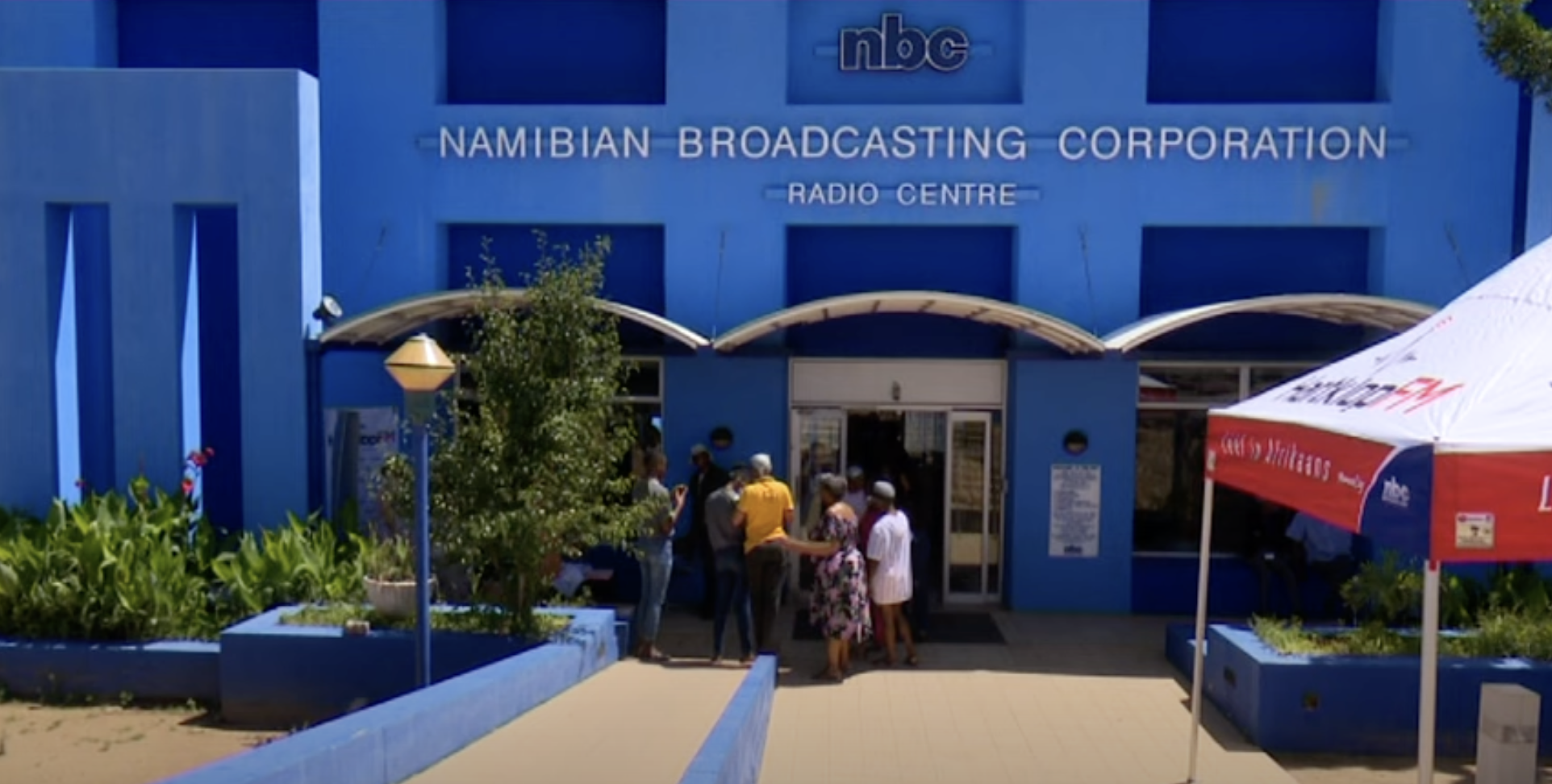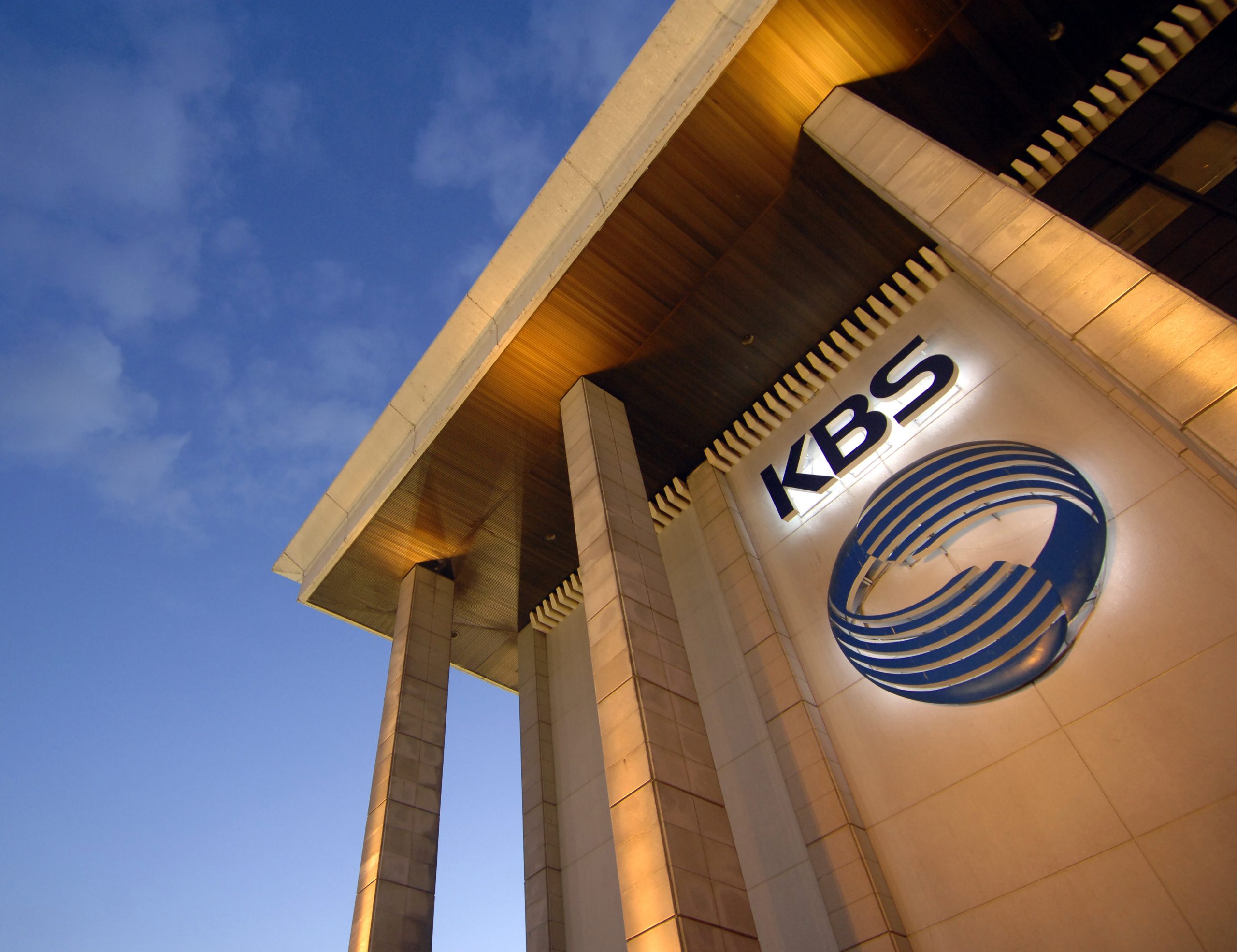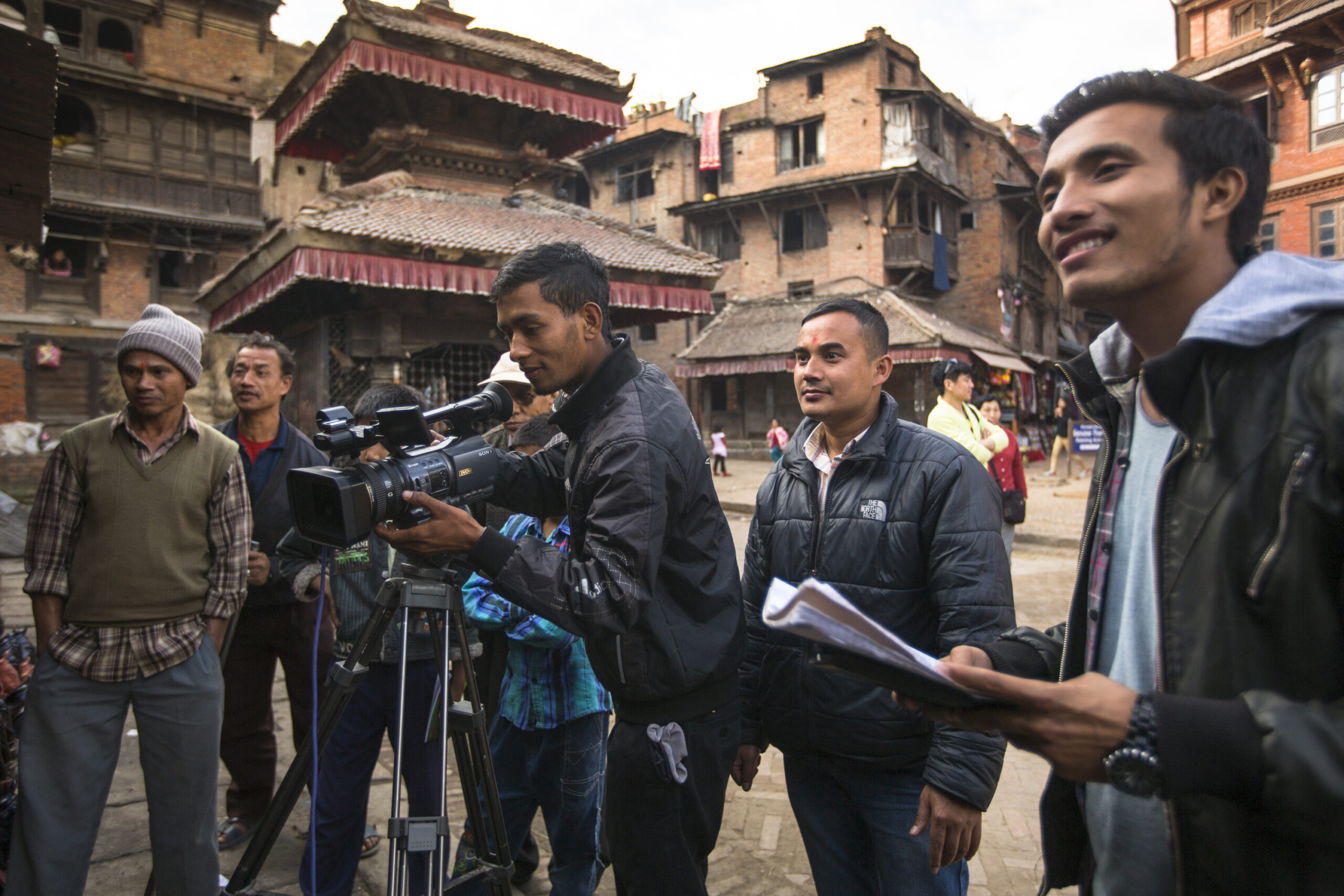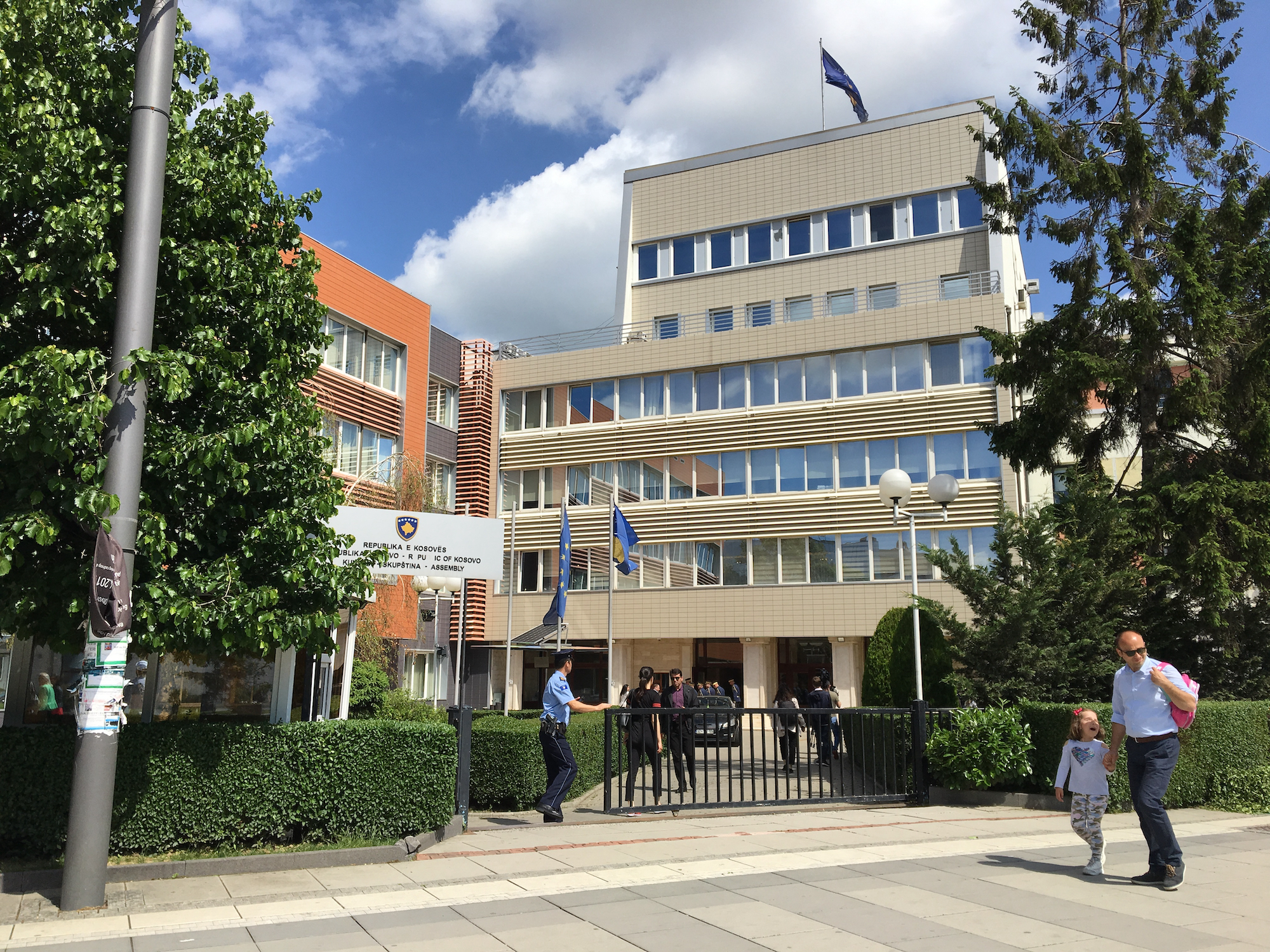The PMA Briefing
What’s new? Strategies, leadership & funding
18 November 2025
RJRGLEANER unveils a new strategy to arrest financial losses; Namibia’s NBC is in line for a new DG; South Korea’s new funding system looks to have immediate rewards; and Nepal launches a new international television service. Plus: Caribbean media band together to fund disaster relief; French public media faces scrutiny; and Balkan media highlight financial predicament.
Jamaica: RJR Gleaner looks to arrest financial losses
RJR Gleaner has told shareholders of plans to reorganise the company and adopt a strategy that includes greater use of artificial intelligence and data analytics, as it tries to turn its financial situation around.
The media organisation – which runs Radio Jamaica, Television Jamaica, and the Gleaner newspaper, among other brands – has been plagued by financial troubles including severe losses.
A company report this week also said it is still calculating the impact Hurricane Melissa, which devastated much of the country earlier this month, had on its operations.
Chair Joseph Matalon announced a restructure of commercial operations.
“We are simplifying the organisation, improving agility, and embedding accountability,” he said. “Our independence and integrity remain non-negotiable. In a world awash with misinformation, Jamaica needs strong and trusted media more than ever.”

Caribbean: Mediathon for hurricane relief
In the wake of Hurricane Melissa and the devastation it wrought across the Caribbean, a televised fundraising event, One Love Jamaica, was held on Sunday 16 November. The mediathon united multiple stations in Barbados, including The Nation, Barbados Today and Starcom Network.
Having displaced thousands, damaged critical infrastructure, and created a humanitarian emergency, the mediathon highlighted Barbados’ commitment to Jamaica’s rebuild.
“Our coverage revealed the humanity of the situation and compelled us to act,” said Anthony Greene, General Manager of Starcom Network. “This Mediathon is our way of giving back and lending a helping hand to our fellow Jamaicans in need.”
The mediathon’s proceeds will go to the Barbados Red Cross, which will coordinate the transfer of funds to Jamaica for disaster relief and reconstruction. Barbadians wishing to contribute can donate online through the Hurricane Melissa Relief Fund, by phone, or through on-site cash contributions.

Namibia: Search for new Director General
Namibia’s public broadcaster is searching for a replacement director general. Incumbent leader Stanley Similo’s contract expired last month, though The Namibian reported that it was extended by three months while a successor is appointed.
Similo’s departure is significant. He was the first director of the NBC to see through an entire second term, and earlier this year had a studio named after him (although this wasn’t without controversy). He also served as President for the Southern African Broadcasting Association (SABA) and in September, received the Broadcast Media Evergreen Special Recognition Award. His tenure saw NBC move towards the digital era, with the launch of an app and streaming platform. However, he also faced criticism for periods of strike action and staff bonuses.
Putting themselves forward to replace him is the NBC’s current Chief of News and Programming, Menesia Muinjo, as well as other figures from Namibia’s media market, including the Editor-in-Chief of the Namibian Sun. Figures from the Bank of Namibia and NamWater are also reported to have applied. The decision will be made by the NBC board, and according to the Namibian report, the government has so far remained at a distance.

France: Inquiry into public broadcasters
The French National Assembly has approved a parliamentary inquiry to look into the “neutrality, operation and funding of public broadcasting”. The investigation was requested by the far-right UDR party after secretly-recorded conversations between two journalists and socialist party members were leaked.
According to LCP-Assemblée Nationale, the inquiry will hear from the chairs of France Télévisions and Radio France, as well as the director of the French Regulatory Authority for Audiovisual and Digital Communication (Arcom) and his predecessor. France Médias Monde, the National Audiovisual Institute, Arte, TV5 Monde and the parliamentary channels LCP-Assemblée Nationale and Public Sénat are reported to also be included in the inquiry. The outcome of the investigation would see the drafting of a strengthened charter of impartiality.
The UDR is particularly critical of the management of France Télévisions, which recently reported an accumulated seven-year deficit of €80 million. It has also questioned the editorial line and neutrality of Radio France.
This parliamentary investigation will be conducted within the broader context of reforms to the French public broadcasting, aimed at creating a holding company that would unite France Télévisions and Radio France.

South Korea: Return to old funding system, new focus
The president of KBS has praised the return to the old funding system for public media while launching a new drama series. Since the beginning of November, households owning a TV pay their licence fee together with their electricity bill. This was the funding system for KBS until a couple of years ago, when the previous administration decoupled the licence fee from the electricity bill, heaping extra expense on KBS.
President of KBS, Jang-beom Park, credited the funding system with giving KBS the ability to produce high-end drama. “The Integrated Collection of Television Licence Fees has had a positive financial impact,” he said. “This led us to consider what services we should provide to viewers.”
The new series, The Great King Munmu, will explore a period in Korean history when three different kingdoms were united as one. Park emphasised how entertainment remains an integral part of the public service mission of KBS, and committed to sparing “no effort in providing high-quality documentaries and various services for viewers. The licence fee is the funding you provide. We will use it wisely and efficiently. Our efforts will be reflected in the historical drama.”
He also said KBS would be leveraging AI in its content production, and declared 2026 as the “inaugural year of AI for KBS.” The year will also see KBS host the annual PBI conference.

Nepal: New international broadcasting service
A new international television service has been announced in Nepal to coincide with the one-year anniversary of the country’s new public broadcaster. The channel, NTV World, was launched by President Ram Chandra Paudel at an event in Kathmandu, where the new branding for PSB Nepal and an app were also unveiled.
Also at NTV World’s opening ceremony was the Communications and Information Technology Minister, Jagadish Kharel, who called on PSB Nepal to be bold and uphold the highest standards. “The slogan of PSB must be justified. Its content should embody innovation and creativity, while ensuring easy access for all citizens,” he said.
NTV World’s mission will be to connect Nepal with the rest of the world. PSB Nepal was founded one year ago after the merging of Radio Nepal and Nepal Television.

Balkan public media call for more money
The funding of the public broadcasters in both Albania and Kosovo is under scrutiny.
At a parliamentary committee last week, the chief executive of Albania’s RTSH called for an increased budget as the licence fee, which represents 59% of its funds, has not been indexed in the last decade. The additional funding is needed to cover the inflation, programming, and a modernisation project. RTSH is currently going through extensive structural reforms, with the assistance of the European Broadcasting Union.
The instability of the Kosovar public broadcaster RTK has also been highlighted in a recently published EU enlargement country report, raising concerns among journalists organisations and civil societies. Last week, the square in front of RTK was the scene of strikes by public media employees who have not yet received their October salaries. According to Balkan Insight, RTK has been facing severe difficulties in the last few months. Its biannual state funding allocation has been delayed due to the February elections. Employees, unions and professional organisations are calling on the Prime Minister of Kosovo to urgently address RTK’s funding and governance crisis.

Featured image: Set of NBC Good Morning Namibia. Credit: PMA
Related Posts
4th November 2025
Blackouts, reforms, and a quota for streamers | The PMA Briefing
The protracted reform of public media…
28th October 2025
What will the future look like for public media? | The PMA Briefing
As CBC/Radio-Canada unveils its new…
14th October 2025
Public media fronting up to delicate issues | The PMA Briefing
SBS defends its editorial policy; KBS…
8th October 2025
Confusion and complications for public media | The PMA Briefing
Confusion at VOA and trust in the media…




